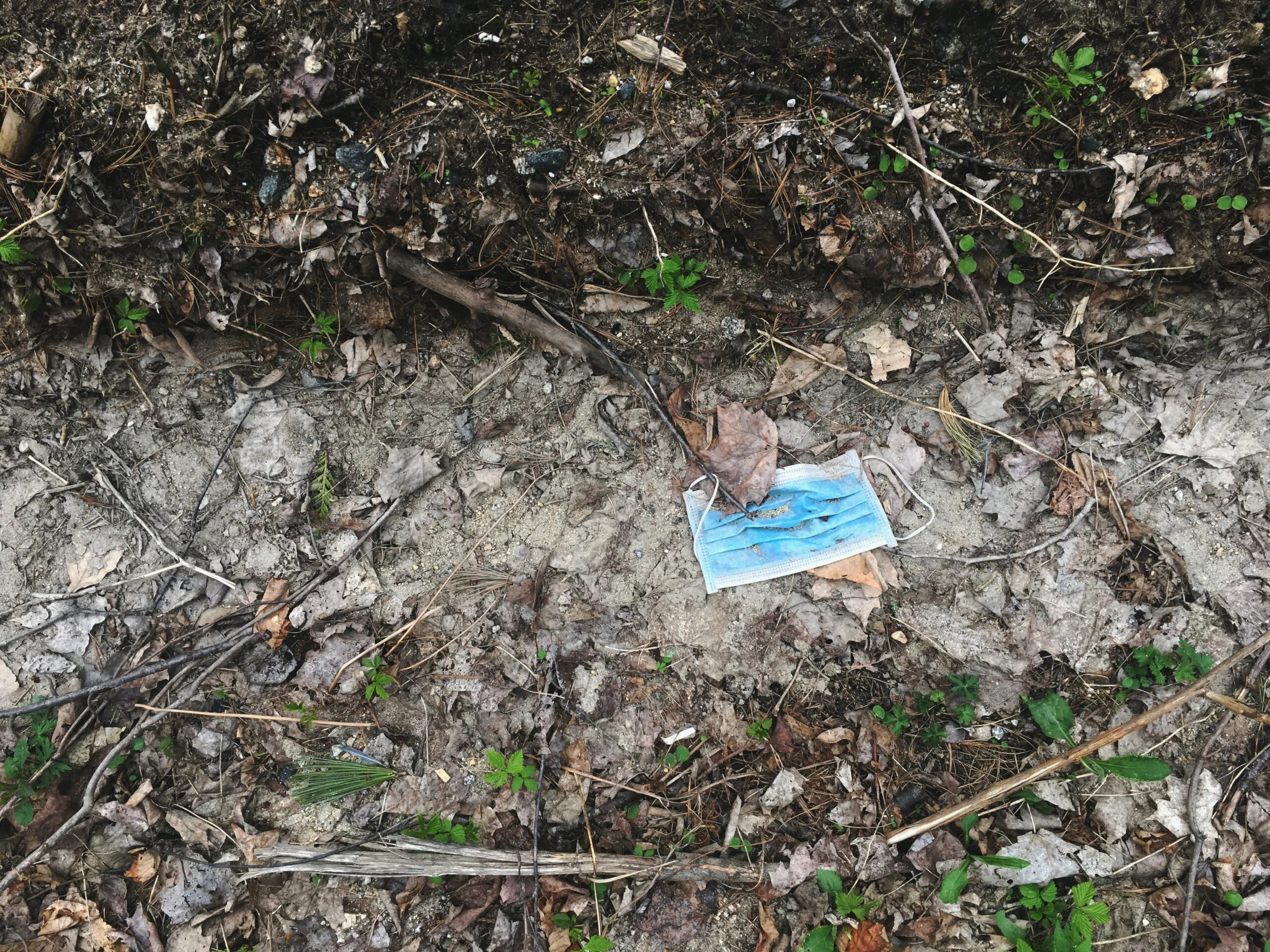
Blog
Thinking
Will the planet thank us for COVID-19?
by
Kath Cotton
August 12, 2020
It’s approaching the time of year where we offset Salt’s carbon emissions. Being a virtual agency our footprint has never been huge, but this year I am obviously expecting it to be lower than usual. The reduction in travel globally has clearly been good news for the planet, but it got me thinking about the wider environmental impact of the COVID-19 pandemic.
The early days of lockdown brought much needed good news of smog-free skies, wildlife running free in urban areas, the canals of Venice being the clearest they have been in 60 years, a reduction in intensive fishing and many other reported silver linings. They brought hope that our planet was getting a chance to come up for air, take a deep breath and go about its business without the incessant interference of human beings. It was heartening to believe that the pandemic, while clearly a disaster of great proportions for humanity, could become a trigger for more environmentally conscious behaviour after seeing what the world can do when the human race slows down for just a few months. Perhaps it could trigger the green movement to become more acutely urgent and motivating, encouraging everyone to treat the world with a little more care and consideration. I think most of us were left with the belief that at least the pandemic has been good for the environment.
But is it panning out this way? As the pandemic has progressed the environmental impact has already begun to shift. While a reduction in travel has been beneficial, now that restrictions are easing travel is rapidly creeping back up. Beyond travel, single-use plastic use has dramatically increased with gloves, masks, plastic screens and PPE, we are using more cleaning products (from harsh bleaches and household cleaners to laundry detergent and handwash), and of course with everyone at home domestic energy use is higher than usual. Illegal deforestation in the Amazon has been able to continue unchecked, and it’s likely that similar habitats around the world have suffered due to the lack of patrolling. Even areas where great progress had been made, like reusable coffee cups, have had to revert to single-use alternatives. For how long we can’t be sure, but possibly long enough to forget the habit of taking your own cup and re-learn the habit of using a disposable one.
It is well understood that behaviour change is likely to be more successful if the intervention is aligned to a moment when the existing behaviour is disrupted. In other words, being forced to break one habit is the perfect time to nudge us into establishing a new one. The average habit takes about 10 weeks to form, which makes lockdown the perfect opportunity for governments to intervene and encourage people to form new, lower carbon habits and prevent a default return to how things have always been. What we appear to be seeing, however, are economic recovery drives to get industries like construction and fossil fuels moving faster than ever, with payouts and the relaxing of regulations and royalties. To quote Tom Heap from BBC Radio 4’s Costing the Earth, we appear to be ‘taking the green handcuffs off business’.
The pandemic has clearly taken focus from the momentum the environmental movement was gaining. COVID-19 has naturally had to come first, but we need to make sure we don’t forget where we got to and can continue to move forward rather than taking a step back and starting again. It feels such a shame if we can’t at least grasp the opportunity to take stock and change our behaviour for the better. After all, our planet will be here a lot longer than we will.
But that’s exactly the problem. Environmental impact is a long-term issue, not urgent enough for us to change our behaviour now for the promise of a better future in the long-term. COVID-19 has given us the unique opportunity to see with our own eyes the impact our actions have on the planet, almost a brief window into a parallel world where the environment is higher up the agenda. It would be great if this realisation developed into a positive legacy of the pandemic, so at least some good comes of it.
“…As we recover, the decisions we make today will either lay the foundation for sound, sustainable and inclusive growth, or lock-in polluting emissions for decades, and in doing so make our society and the planet more vulnerable.”
Delivered by Justin Addison, Second Secretary at the UK Delegation to the OSCE, at the virtual OSCE Economic and Environmental Committee Meeting on 3 June 2020.
As we come out of lockdown (for now at least), maybe we should all consider which new habits we can keep, to be more conscious and mindful of our impact on the environment. Let’s celebrate re-gaining our freedom and being able to see friends and loved ones, but let’s not default to how things were just because that’s how they have always been.
A change in routine is a key opportunity to create lasting behaviour changing by forming new, long-lasting habits. Let’s make sure we take it.
#covid19impact hashtag#environment hashtag#environmentalimpact hashtag#coronavirusimpact